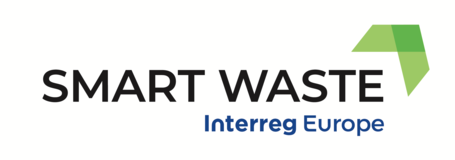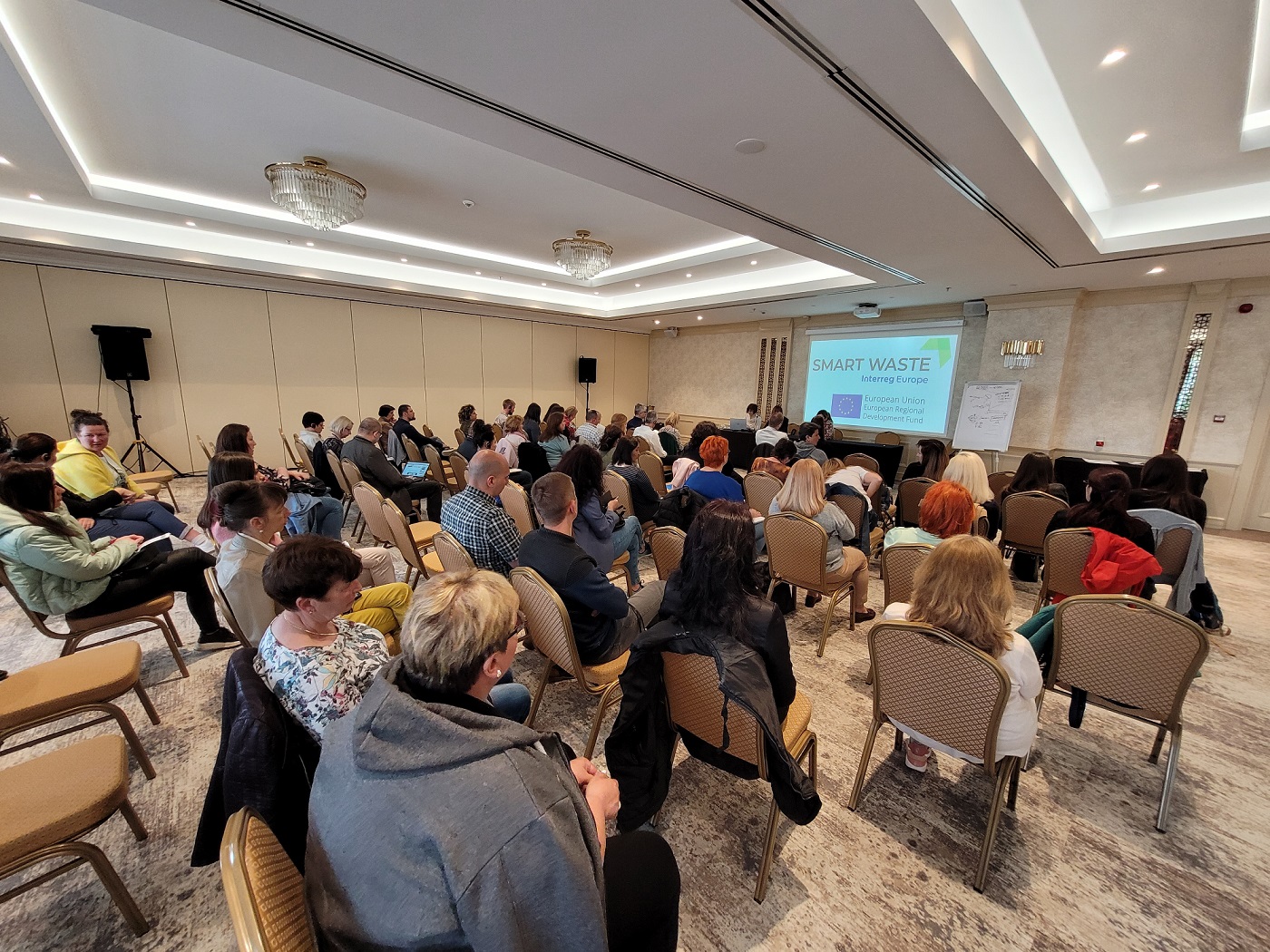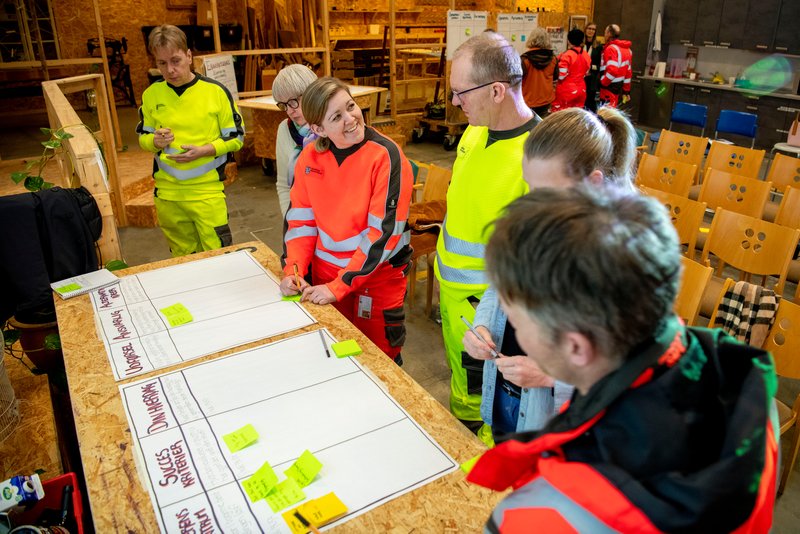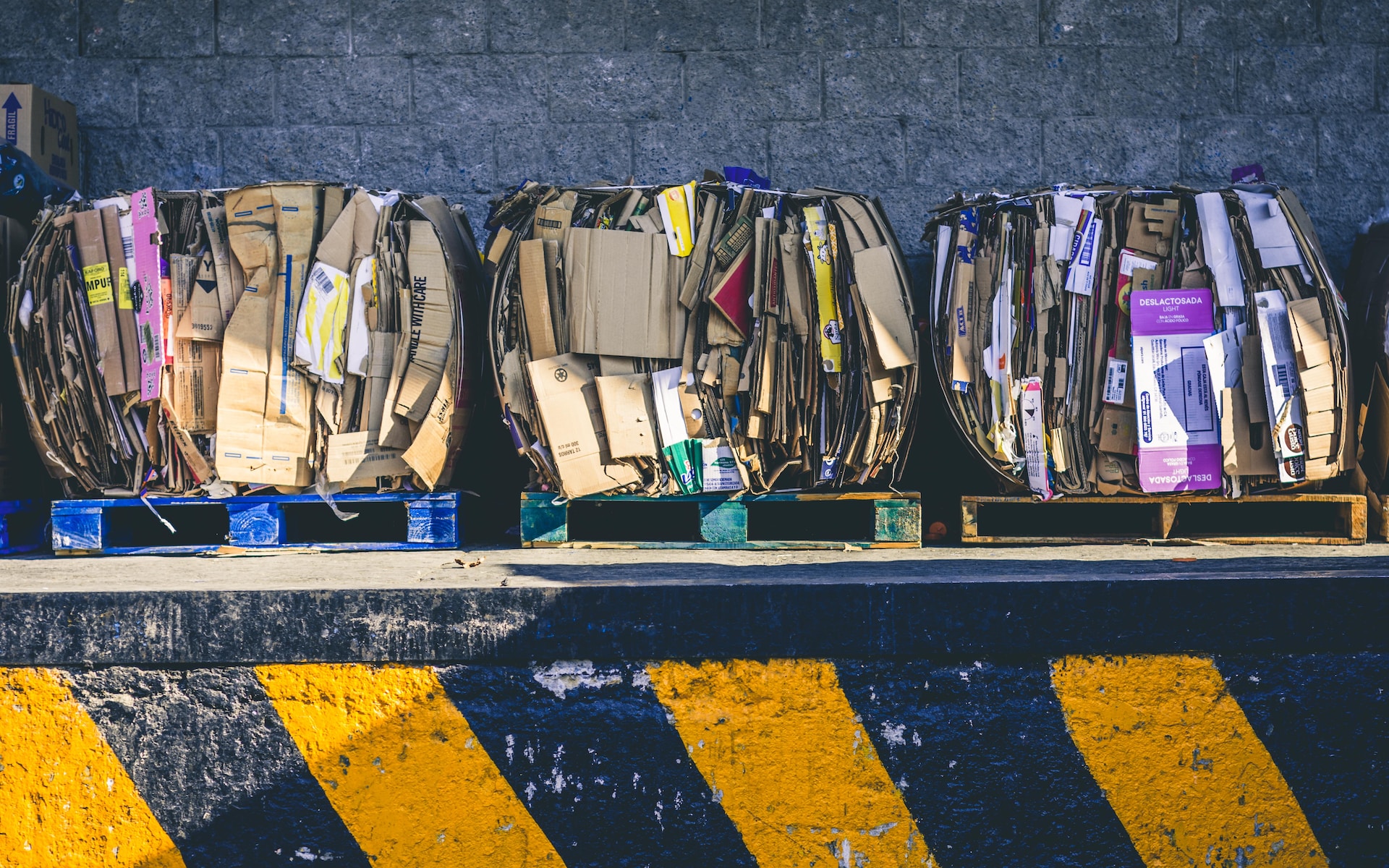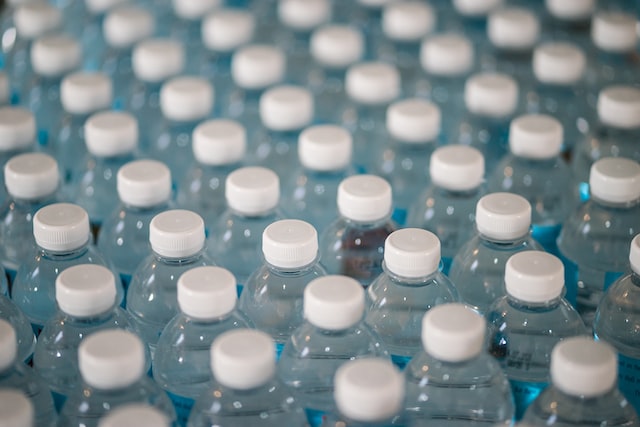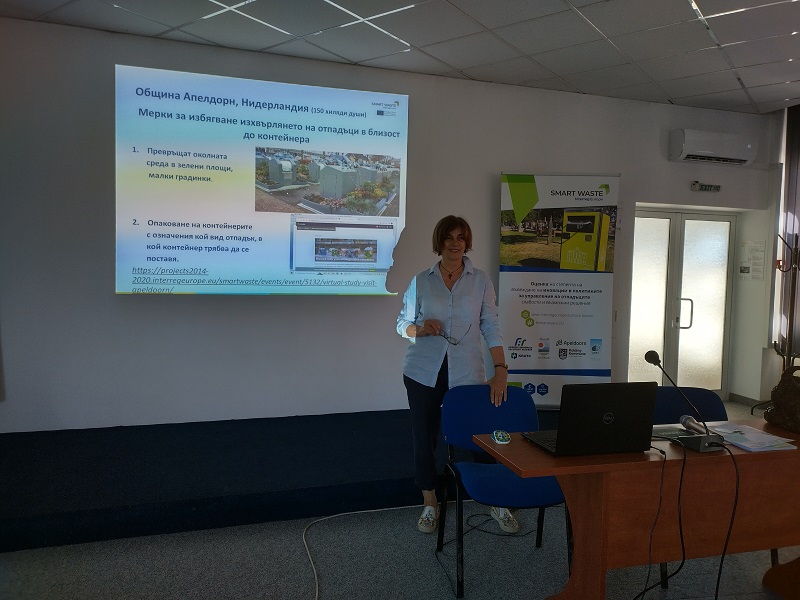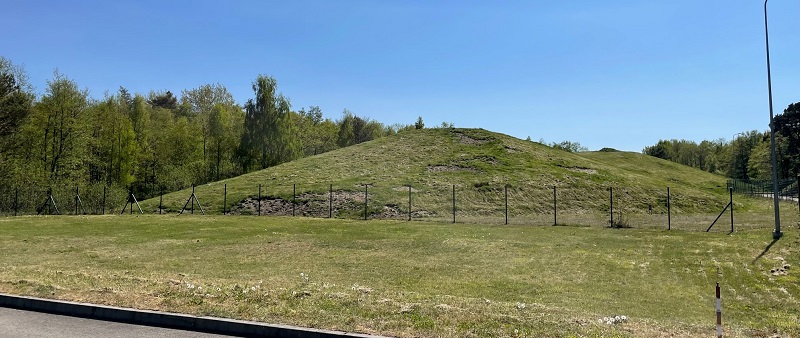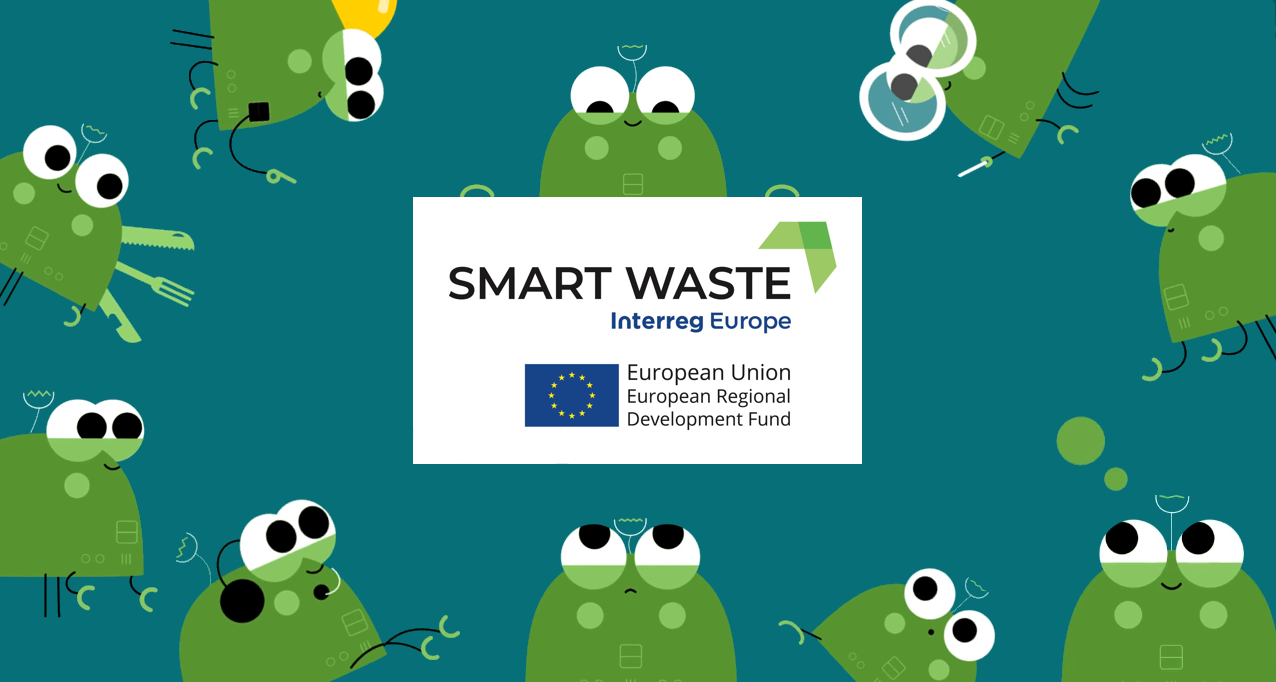The 2020 edition of the multi-thematic statistical book “Energy, transport and environment statistics” highlights the EU Member States’ total waste generation data for 2018. Total waste generation includes waste from every source, namely all NACE activities plus households.
Concerning the SMART WASTE partners’ respective EU Member States, total waste generation ranges from 170 million tonnes for Italy to 7 million tonnes for Lithuania. Detailed overview of the total waste generation data for the SMART WASTE partners’ respective EU Member States is given below:
o Lithuania (P3 - KRWMC): 7 million tonnes
o Bulgaria (P4 – BAMEE): 130 million tonnes
o Denmark (P2 - Municipality of Kolding): 20 million tonnes
o EU 27: 2,2 billion tonnes
o Italy (LP – ARRR): 170 million tonnes
o Belgium (P5 - ACR+): 68 million tonnes
o Netherlands (P6 - Municipality of Apeldoorn): 140 million tonnes
Interesting insights could be gained by comparison of total waste generation in terms of quantity per capita. Concerning the SMART WASTE partners’ respective EU Member States, this amount ranges from around 3 tonnes (for Italy, Lithuania and Denmark) to 18 tonnes (Bulgaria). The EU27 average is 5 tonnes of total waste generated per capita. Therefore, Belgium (6 tonnes) and the Netherlands (8 tonnes) are slightly above the EU average.When it comes to the source of waste generation, the statistical book states that “in the EU, construction contributed 35.7 % of the total in 2018 and was followed by mining and quarrying (26.3 %), manufacturing (10.7 %), waste and water services (10.2 %) and households (8.2 %); the remaining 9.4 % was waste generated from other economic activities, mainly services (4.4 %) and energy (3.5 %)”.
The SMART WASTE partners’ respective EU Member States show significant differences in terms of national waste generation composition. For instance, household waste accounts for 16-20% of total waste generation in Denmark, Italy and Lithuania and less than 10% in Bulgaria, the Netherlands and Belgium.
Presented figures lead towards the conclusion that country-specific waste generation patterns must be taken into account in the process of planning support for innovation in waste management, which is the core aim of the Interreg Europe SMART WASTE project.
Source and more information: https://ec.europa.eu/eurostat/en/web/products-statistical-books/-/KS-DK-20-001
